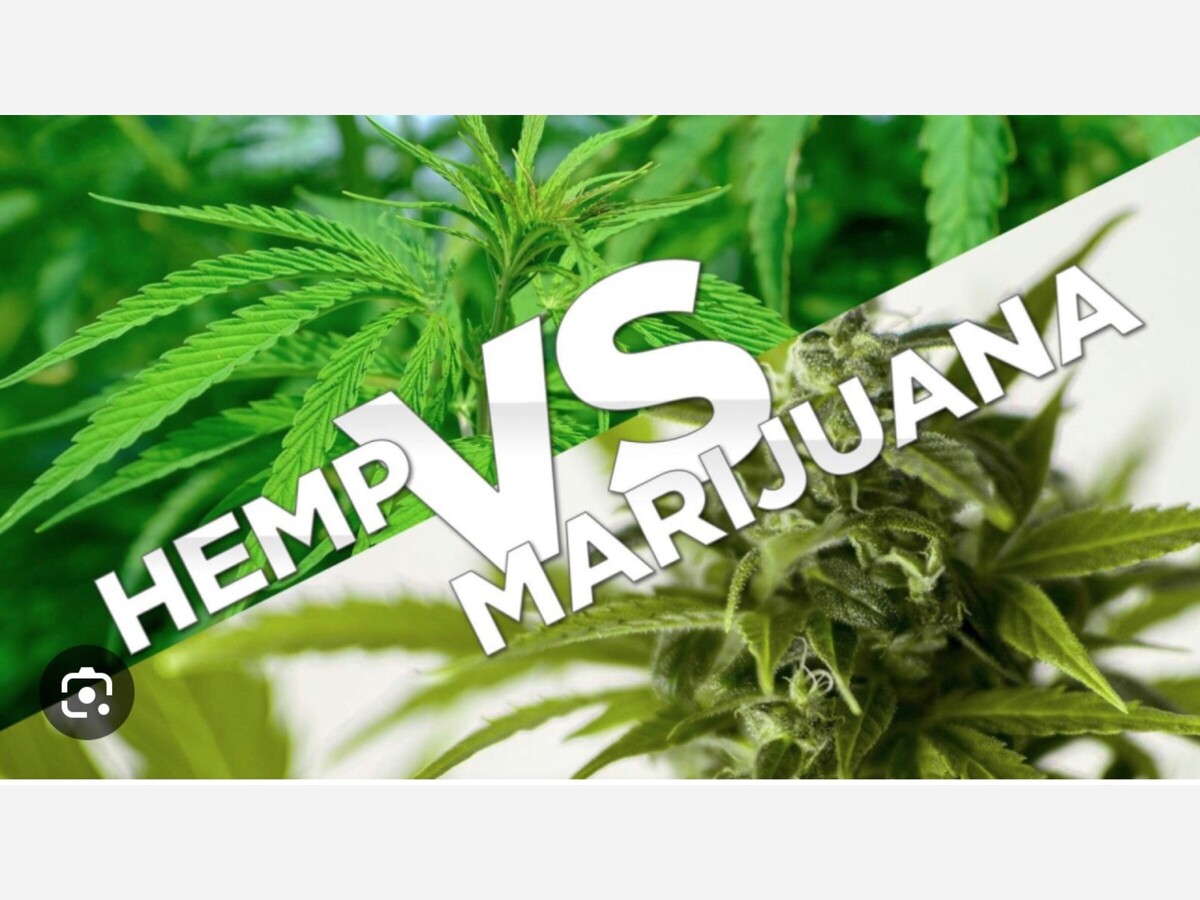Image


Hemp-derived products on the market today can be ingested, applied topically, aerosolized, inhaled or combusted, applied transdermally or transmucosally, or used in other ways,. “Many of these products and forms extend beyond anything that would be allowed in state-regulated ‘marijuana’ marketplaces was a statement submitted to Congress on Friday August 18th, 2023 by the Cannabis Regulators Association.
The Cannabis Regulators Association is a nonpartisan association of government officials involved at the state level in cannabis regulations. Their goal is to equip regulators and policy makers at various levels of government including the federal level with essential information based on their real time experience in leading and managing the cannabis marketplace.
In response to a request for input on CBD regulations by committees within the United States House of Representatives and the US Senate the Cannabis Regulators Association (CANNRA) sent lawmakers a letter on Friday. The organization provide recommendations on creating a framework for all hemp-based cannabinoids.
The scope of the inquiry by the federal government raised concerns. While there’s been a significant focus on CBD, the federal legalization of hemp under the 2018 Farm Bill also broadly decontrolled all derivatives besides delta-9 THC, including intoxicating compounds like delta-8 THC and THC-O-acetate.
CANNRA said Congress “effectively legalized marijuana federally, without product regulation, and called it ‘hemp.'”
The Drug Enforcement Administration (DEA) has said that it considers those cannabinoids illegal if they’re synthetically produced—as is common practice for delta-8 THC. However and of interest and an effect of the legislation is the market for such products has flourished nonetheless with limited enforcement. Several states have independently taken steps to ban or restrict such substances as a result of this previous federal action.
“A comprehensive regulatory approach that accounts for all cannabinoid hemp products is urgently needed. A federal regulatory approach must have a broad focus with regulatory authority to address the products that are available on the market today and the products that may be available in the future,” the letter to Congress stated. “A focus on CBD alone is insufficient, in part because many CBD products contain other cannabinoids which also need to be regulated for consumer safety and public health.”
Many lawmakers and hemp industry stakeholders have criticized FDA for refusing to enact regulations for CBD, but CANNRA said it agrees with the agency that it currently lacks the necessary authority to develop a comprehensive framework that would be necessary for such a complex market.
“Existing pathways do not address aerosolized, inhaled, or combusted products,” the letter says. “They also do not include sufficient authorities for testing, regulation of packaging and labeling across modes of use and products, regulation of additives and ingredients that could pose risk, and authority to limit the potential appeal and consumption of products by youth. Current state regulatory frameworks for cannabinoids derived from marijuana extend well beyond any of the current FDA pathways.”
The letter said that “FDA needs specific authorities and defined, short timelines under which to issue regulations.”
Also, they advised that the agency should coordinate with states, territories and tribes so that rules aren’t developed in a silo. And while federal rules are critical, states “should be able to enact regulations that extend beyond federal minimums to further protect their communities and consumers.”
Part of a regulatory agency’s job is to determine whether a product can be manufactured safely or consumed safely and what regulatory policies are needed to safeguard against potential adverse effects. A determination that a product is unsafe for a commercial marketplace is not synonymous with recriminalizing or criminalizing use of that product,” they said. “Enforcement actions across states often focus on progressive civil penalties or impacts on licenses as a way to deter production of unapproved products.”
The 43-page letter then provides detailed responses to about two dozen specific questions that the committees listed in their request for information about the issue, touching on everything from the current CBD market landscape to challenges association with the absence of marketing regulations to packaging and labeling requirements.
The hemp industry took a major plunge in 2022, according to a report from the U.S. Department of Agriculture (USDA) that was released in April—and stakeholders say the FDA’s refusal to issue regulations for CBD products is largely to blame.
Bipartisan congressional lawmakers refiled a separate pair of bills in March that are also meant to provide a pathway for the regulation of hemp derivatives like CBD as dietary supplements and food and beverage additives.
Sens. Ron Wyden (D-OR), Rand Paul (R-KY) and Jeff Merkley (D-OR), along with Rep. Earl Blumenauer (D-OR), separately filed legislation last month that would remove regulatory barriers that FDA claims prevents it from allowing CBD sales.
The Hemp Access and Consumer Safety Act, which was also introduced last Congress but did not advance, would exempt “hemp, hemp-derived cannabidiol, or a substance containing any other ingredient derived from hemp” from certain federal restrictions, while permitting officials to enact labeling and packaging rules.
Source: US Congressional Register; House Energy Subcommittee, Cannabis Regulators Association (CANNRA) press release, the Marijuana Minute, Earl Blumenauer office.